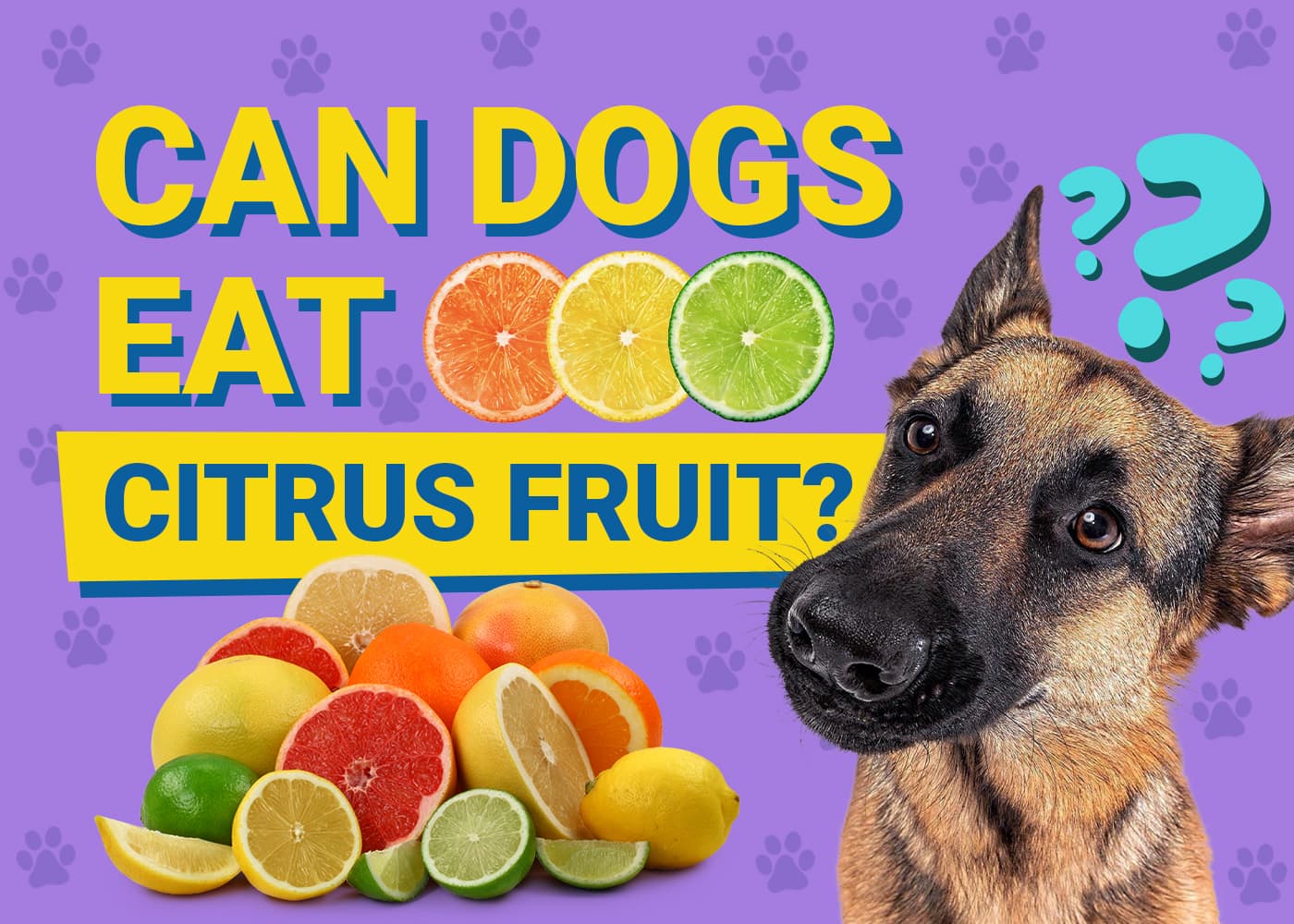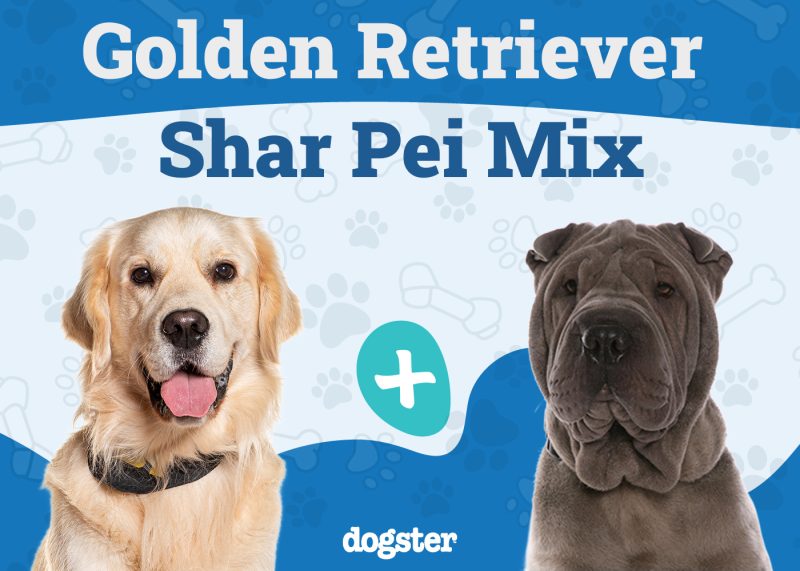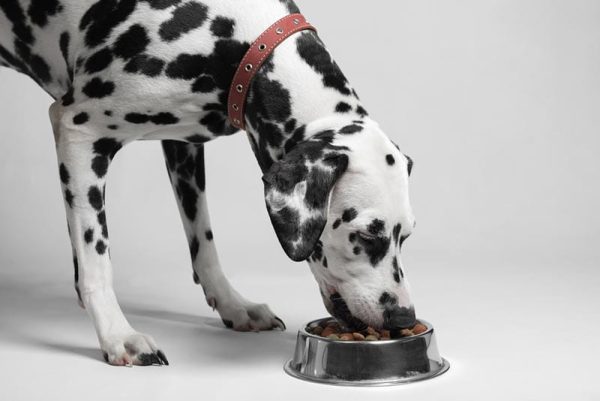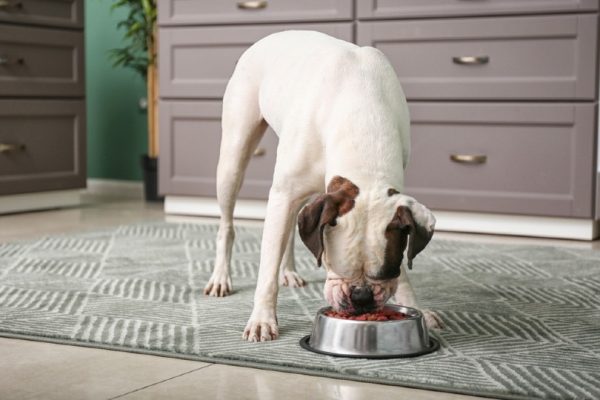In this article
View 2 More +It seems natural that you’d want to share your food with your pup. After all, meals have been part of our collective history since domestication. Sharing is fine with some foods, like meat, because dogs are considered omnivores. That said, while they can and do consume other types of food, dogs should not eat citrus fruit.
It’s true that humans and canines share over 17,000 genes, but that doesn’t mean we can both eat the same things. Most notably, chocolate is delicious to us and toxic to cats and dogs. The same applies to citrus fruits. Lemon is toxic to cats and horses too.

Problematic Ingredients in Citrus Fruits
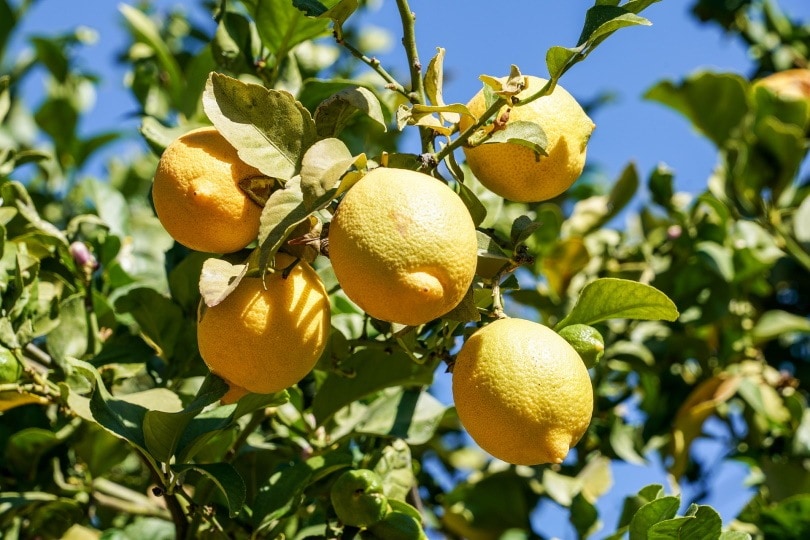
Several components in citrus fruits can potentially spell trouble for pets. Orange juice has a pH of around 3.8, whereas lemon juice comes in at 2 to 3. If you have acid reflux, you probably know how it can irritate your GI tract. The same applies to your dog. In fact, you’ll often find that citrus essential oils are ingredients in repellent products.
Psoralen
A couple of the other compounds in citrus fruits are equally problematic for dogs and demonstrate that what is okay for us doesn’t always work for pets. Psoralen is an organic compound found in citrus fruits. Healthcare uses it as part of psoriasis treatment alongside UV radiation. However, it can irritate both your eyes and respiratory tract, and in significant amounts in dogs, it may lead to skin irritation that worsens with exposure to sunlight, causing blistering and dermatitis.
Even when used for medical treatments, psoralen can increase the risk of squamous cell carcinoma in humans. It’s worth noting that psoralen is also found in celery, parsnips, figs, and other fruits and vegetables. This isn’t the only potentially problematic compound found in citrus fruits.
Limonene
Limonene gives oranges and other citrus fruits their signature scent. It’s also found in certain species of pines and firs that are aromatic, and it is one of the main components of citrus essential oils. It can cause skin and eye irritation and aggravate your GI tract if you ingest a large amount of it. It’s also highly inflammable. In dogs that eat an excessive amount of limonene-containing products or fruits, there may be signs of a stomach upset, while concentrated formulations may have a harmful effect on the nervous system and liver.
Other
The ASPCA classifies citrus fruits as toxic to dogs. Most of the signs in dogs that eat such fruit would likely be mild and primarily affect the digestive system. The stems, leaves, peels, fruit, and seeds of citrus plants contain varying amounts of citric acid, but it is generally thought that the flesh part of the fruit is the edible part, while skins and plant material can cause side effects. Only excessive amounts of fruit with psoralen and citrus essential oil compounds, such as concentrated products, cause major issues, primarily on the animal’s skin, nervous system, and liver, but even reports of these in the literature are scarce.
Based on all this evidence, it’s unlikely that a small piece of fruit will cause significant health issues in your pooch, but other parts of the fruit besides the flesh or the ingestion or inhalation of significant amounts or of essential oil products will likely lead to various unpleasant and sometimes severe side effects.

Signs and Treatment
Dogs will be dogs, and sometimes, they get into things that they shouldn’t. They don’t always pause to figure out what they’re eating either. Just watch a hungry pooch attack their food when being fed. If your pup does ingest citrus fruits in excessive amounts or gets hold of essential oil products, noticeable signs include:
- Contact dermatitis, which may worsen with exposure to sunlight
- Irritation of the mouth and pawing at the mouth and face
- Drooling
- GI distress
- Nausea
- Vomiting
- Diarrhea
- Abdominal pain
- Reduced appetite
- Depression
- Lethargy
- Tremors
- Loss of coordination
- Difficulty breathing and respiratory irritation in case of essential oil inhalation
Most of these signs and their severity will depend on the amount that the dog has eaten, whether it was the flesh or other parts of the fruit plant, and even more importantly, on the formulation. If they ate some fruit, the signs are likely to be mild, primarily causing them to drool and get a transient stomach upset. Luckily, the strong smell and flavor of citrus fruit will prevent most dogs from eating significant amounts.
However, if they somehow ate an excessive amount of fruit or were exposed to essential oils or other concentrated products, such as undiluted insecticidal shampoos, that’s when the risk of skin irritation, nervous signs, and damage to the liver may occur. Either way, it’s important to speak to your vet, who can advise you whether your pooch will need to be seen.
Treatment for accidental ingestion of citrus fruits deals primarily with the signs. Your vet will decide on the best course of action depending on the severity of signs in your dog, as some may be treated medically and monitored at home, while others may need to be hospitalized.
Fortunately, most pets recover quickly once the food is out of their system. Your vet will likely advise you to feed your pup a bland diet of boiled rice and chicken, boiled white fish, or broth to help their GI tract heal.
If you need to speak with a vet but can't get to one, head over to PangoVet. It's our online service where you can talk to a vet online and get the advice you need for your pet — all at an affordable price!
Tips for Avoiding Issues
Pets vary in their reaction to the toxic chemicals in citrus fruits, and this primarily depends on their size. Reactions can also occur with other foods that you shouldn’t give your pup. If your dog is sensitive, it’s best to avoid using any skincare products, diffusers, or candles that contain essential oils. It’s also something to consider if you want to toss your pooch a stick to fetch. Always give pines, firs, hemlocks, and beech trees a pass, as some of these, particularly hemlocks, are very toxic to dogs.

Conclusion
In many ways, owning a dog is like having a toddler in the house. You have to watch what they get into and make sure to keep potentially toxic foods away from them. Citrus fruits rank as moderate on that list. While they aren’t as dangerous as grapes or chocolate, you should avoid sharing an orange or grapefruit with your canine companion.
Related Reads:
- Can Dogs Eat Carrots? Vet-Approved Nutrition Info & Facts
- Can Dogs Eat Turkey? What You Need to Know!
- Bone Meal in Dog Food—Is It Healthy for Your Dog?
